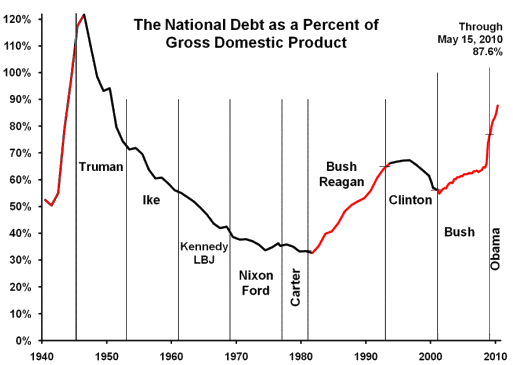The fingers are being pointed directly at Hank Paulson during the Bush administration and the Federal Reserve which would be Tim Geithner at that time and location. Taxpayers will never see their return on this and Goldman is still getting a free ride from the billions they had riding on that deal. Paulson was of course the former CEO of Goldman Sachs.
The federal government didn’t exhaust all its options before it committed tens of billions of taxpayers’ dollars to bail out the American International Group during the height of the 2008 financial collapse, according to a new report from a congressional watchdog panel.The Congressional Oversight Panel , which was created to monitor the spending in the 2008 bank bailout bill known as the Troubled Asset Relief Program, or TARP, detailed in its latest monthly report the government’s extraordinary rescue of AIG and its lingering effects on taxpayers and the financial markets.
AIG, once one of the largest and most successful insurance companies in the world, collapsed in 2008 when it couldn’t meet the collateral demands of its customers. The firm, the oversight panel said, had an "insatiable appetite for risk" but a "blindness to its own liabilities."

… A key finding of oversight panel’s new report is that the government "failed to exhaust all options" before committing the first $85 billion to the AIG rescue. The government has said — and said again Wednesday in response to the report — that it was under extraordinary pressure and had to move quickly to prevent the chaos that would have resulted from a meltdown of AIG, which was linked to major financial firms around the world.
Elizabeth Warren , the Harvard professor who chairs the oversight panel, said the panel doesn’t agree with that all-or-nothing conclusion. "The panel rejects that analysis," she said in a conference call Wednesday. "Time was short in part because of the decisions that had been made over the preceding three days and the preceding three months."
As early as the summer of 2008, for example, there were signs that AIG was in serious trouble. The government could have acted earlier and more aggressively to organize a private rescue of AIG, but it was focused on another company at the time and left AIG to try to arrange its own private financing…
Reuters quotes Fed Chairman Ben Bernanke, testifying before the House Budget Committee:
In terms of the time frame, right now, I don’t think is the time, this very moment is not the time, to radically reduce our spending, or raise our taxes, because the economy is still in recovery mode and needs that support. However, the risk of course of ongoing deficits is the potential loss of confidence in markets and the way to reassure the markets is by creating a plausible plan for a medium-term stability in the fiscal situation. Obviously you can’t run deficits (of) 10 percent of GDP forever.Paul Krugman, on June 6:
But don’t we need to worry about government debt? Yes — but slashing spending while the economy is still deeply depressed is both an extremely costly and quite ineffective way to reduce future debt. Costly, because it depresses the economy further; ineffective, because by depressing the economy, fiscal contraction now reduces tax receipts. A rough estimate right now is that cutting spending by 1 percent of GDP raises the unemployment rate by .75 percent compared with what it would otherwise be, yet reduces future debt by less than 0.5 percent of GDP.The right thing, overwhelmingly, is to do things that will reduce spending and/or raise revenue after the economy has recovered — specifically, wait until after the economy is strong enough that monetary policy can offset the contractionary effects of fiscal austerity. But no: the deficit hawks want their cuts while unemployment rates are still at near-record highs and monetary policy is still hard up against the zero bound.As Joan McCarter noted, Christina Romer and Larry Summers have sent the same message to Congress. Let’s hope someone else is listening.

Sorry, the comment form is closed at this time.